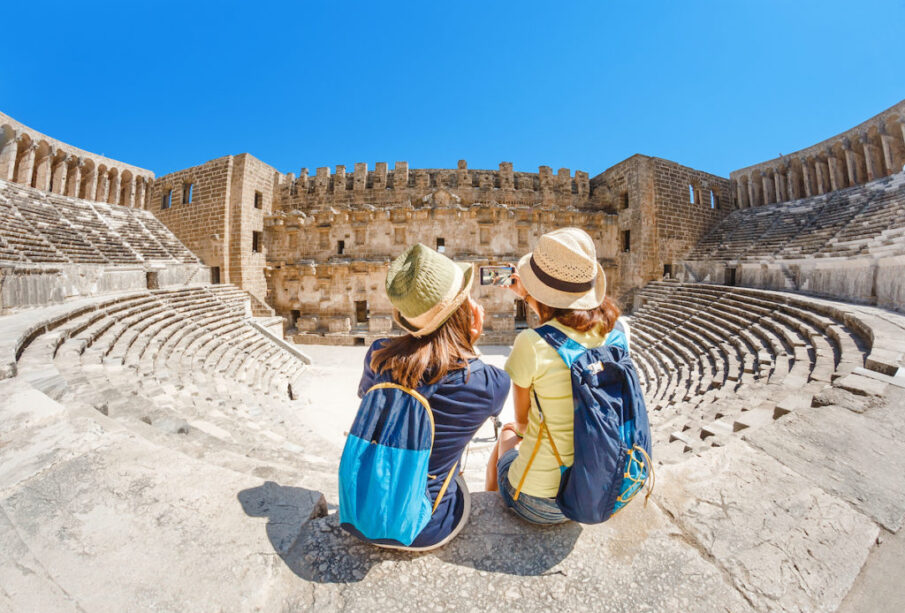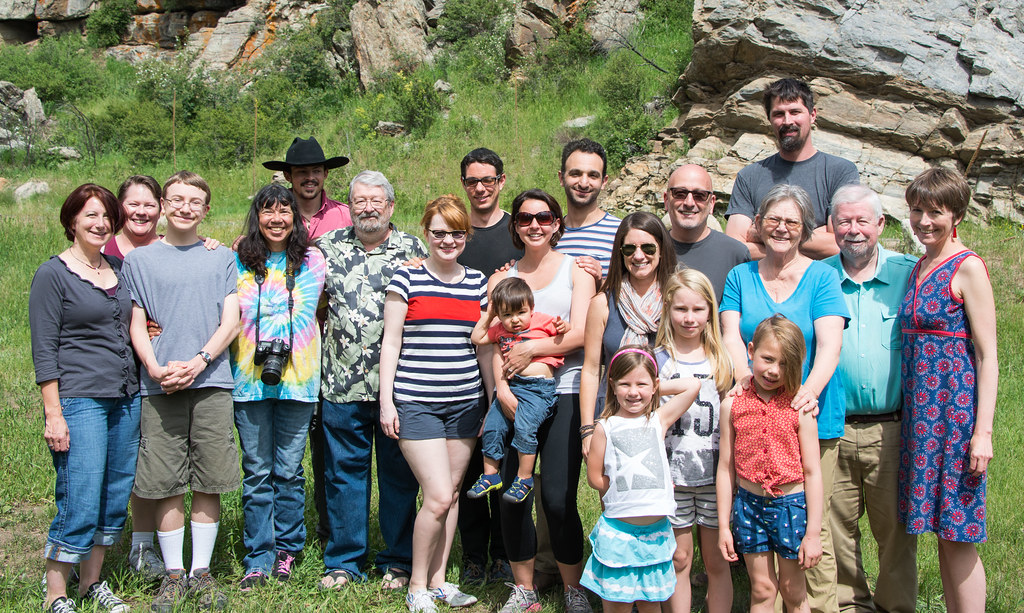How to Incorporate Local Traditions into Your Travel Activities

Travel is not just about visiting new places but also about immersing yourself in the local culture, traditions, and customs. By embracing the cultural practices of the destination you are visiting, you enrich your travel experience and foster a deeper connection to the place. Integrating local traditions into your activities not only enhances your understanding of the destination but also contributes to preserving the heritage of the community. Here are several ways you can respectfully incorporate local traditions into your travel activities.
1. Participate in Local Festivals and Celebrations
One of the best ways to experience a destination’s culture is by attending its local festivals and celebrations. Many places around the world celebrate traditional events that showcase their cultural heritage, from religious holidays to harvest festivals, music, dance, and food festivals. For example, the Day of the Dead in Mexico offers visitors a chance to witness vibrant parades, delicious traditional foods, and meaningful cultural rituals. Similarly, in India, festivals like Diwali or Holi present opportunities to engage with locals in activities such as lighting lanterns or playing with colored powders, which are both fun and enriching.
Participating in these festivals gives you the chance to engage with the community, try local foods, and experience unique traditions that are deeply ingrained in the culture. Always make sure to approach these activities with respect and an open mind, as festivals often have cultural and spiritual significance to the local people.
2. Learn the Local Craftsmanship
Many destinations around the world are known for their traditional crafts and artisanal products. From hand-woven textiles to intricate pottery and woodwork, local craftsmanship offers insight into the creativity and skills passed down through generations. By visiting craft markets or artisan workshops, you can observe the production process and even participate in it.
For example, in the souks of Morocco, you can learn the art of pottery or leather crafting. In Japan, you might take part in a traditional tea ceremony or learn the ancient art of origami. These activities not only allow you to appreciate the craft but also provide an opportunity to interact with skilled artisans and understand the cultural significance of their work.
3. Join Local Cooking Classes or Food Tours
Food is an essential part of any culture, and one of the most delicious ways to experience a local tradition is through its cuisine. Many countries offer cooking classes or food tours where visitors can learn how to prepare traditional dishes, from street food to home-cooked meals. Whether it’s making fresh pasta in Italy, learning to prepare sushi in Japan, or mastering the art of making tamales in Mexico, these culinary experiences are an excellent way to connect with local culture.
By participating in a cooking class or food tour, you not only learn a valuable skill but also get a deeper understanding of the history and significance of the dishes you prepare. Food is often tied to family traditions, celebrations, and local resources, making it a meaningful way to immerse yourself in the culture.
4. Engage in Traditional Dance or Music
Many cultures have traditional dances and music that have been passed down through generations. Participating in these activities allows you to engage with the culture in a dynamic and interactive way. For example, you might take part in a flamenco class in Spain, learn the hula in Hawaii, or join in a samba dance in Brazil. These activities not only teach you the steps and rhythms of traditional dances but also help you understand the cultural significance behind the movements.
Similarly, attending a live music performance, whether it’s a traditional folk music concert or a classical performance, gives you insight into the country’s musical history and the instruments that are central to its culture. In places like Ireland, music plays a central role in social gatherings, and learning the basics of traditional Irish folk tunes or playing the tin whistle can be a fun and immersive experience.
5. Respect Local Spiritual Practices
Every culture has its spiritual practices, and participating in these traditions can be a meaningful way to connect with the destination. Whether it’s visiting a sacred temple in Thailand, observing a sunrise prayer at a mosque in Morocco, or taking part in a Buddhist meditation retreat, spiritual experiences offer visitors the chance to understand the deep-seated beliefs and practices of the local people.
However, it’s important to approach these practices with respect. Ensure that you familiarize yourself with any customs or rituals before participating, such as dressing modestly, removing your shoes before entering a temple, or maintaining silence during a meditation session. By respecting these traditions, you not only show cultural sensitivity but also open yourself up to a deeper understanding of the local way of life.
6. Support Sustainable and Ethical Tourism
When you travel, it’s essential to consider how your activities impact the local community and environment. Sustainable tourism involves supporting local businesses and contributing to the preservation of the environment and cultural heritage. For instance, you might choose to stay in locally-owned accommodations, buy handcrafted goods from local artisans, or participate in eco-friendly tours that promote conservation.
Visiting indigenous communities and supporting their traditional ways of life can also be an enriching experience. Many communities offer cultural exchange programs that allow visitors to learn about their traditions while contributing to their economic well-being. By engaging with these communities in a respectful and mindful way, you can help preserve their culture and support their ongoing efforts to maintain their heritage.
7. Take Part in Local Sports and Recreational Activities
Sports and recreational activities are an integral part of many cultures. Whether it’s playing a game of sepak takraw in Southeast Asia, practicing yoga in India, or enjoying a game of polo in Argentina, engaging in these traditional activities gives you a unique opportunity to experience the culture firsthand.
In addition to learning about the sport or activity itself, you gain a deeper understanding of how it reflects the values and history of the people who practice it. For example, traditional martial arts in Japan such as judo or kendo are not only physical activities but also carry important cultural lessons about discipline, respect, and self-control.
8. Volunteer and Contribute to the Local Community
For those seeking a more profound way to connect with the culture, volunteering is an excellent way to give back while learning about local traditions. Whether you choose to work on environmental conservation projects, assist in community-building efforts, or help teach local children, volunteering allows you to immerse yourself in the day-to-day life of the community.
Many volunteer opportunities are rooted in the traditions of the area, allowing you to learn directly from local people while also making a positive impact. Not only will you gain valuable experiences, but you will also foster stronger connections with the people you meet and contribute to the sustainability of their traditions.
Embracing Local Traditions
Incorporating local traditions into your travel activities enriches your experience and helps foster a deeper appreciation of the destination you are visiting. By participating in cultural events, learning traditional crafts, exploring local cuisines, and engaging with spiritual practices, you gain insight into the history and values of the place. Through these meaningful activities, you not only enrich your travel experience but also show respect and support for the local communities and their traditions.











